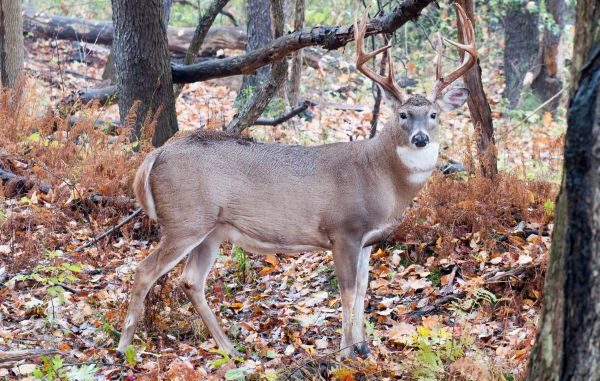
Balance is the key to wise management
What are the roles of science and public opinion in the process of structuring hunting or fishing regulations?
It’s easy to say that we, the hunting and fishing public, should get what we want — as long as game species are protected from overharvest. After all, we pay the bills.
So what’s wrong with managing based on public opinion? That’s the question in light of two recent events:
• The Louisiana Wildlife and Fisheries Commission dumped biologists’ recommendations and moved the Coastal Zone waterfowl opener up one week to Nov. 7, despite the fact that more than 50 percent of surveyed hunters want more January hunting days.
• A Louisiana Department of Wildlife and Fisheries biologist admitted his agency is considering shorter deer seasons and more-conservative limits because the mandatory season, which the vast majority of hunters have ignored, indicate lower deer numbers. The announcement led to hunters on Facebook opining everything from calls to leave the seasons alone to laying the blame on the biologists to pointing fingers at each other.
That brings us back to the central question: What part should public opinion play in hunting and fishing regulations?
It’s no surprise that we believe hunters and anglers should be listened to by those who set seasons, within the bounds of wise management of the various game species.
If duck hunters want to twiddle their thumbs in January while watching hordes of gun-shy birds fly well out of range, that’s great. Hunters are happy and no harm is done.
It’s a little more complicated with the deer issue, since the fact that no more than 50 percent of hunters report their kills leaves biologists scratching their heads as they try to get a handle on deer populations. But unless deer are in danger of extinction, the hunting public should have a say in regulations.
Now, it’s also worth noting that public opinion isn’t always best. Remember the 14-inch length limit on Atchafalaya Basin bass set after 1992’s Hurricane Andrew with the sole purpose of protecting fish for a few years to allow the population to rebound? Many bass anglers demanded it be kept indefinitely because they believed the result would be larger bass.
Instead, the regulations produced a gazillion 13.9-inch bass — exactly what biologists said would happen. Even when biologists showed the data, many decried the lifting of the size limit.
No, public opinion isn’t perfect. Yes, we need science to help understand how management schemes will likely impact species populations and our success in the field.
The key is balance.
Hunters should provide as much data as possible to ensure protection of the species we love to chase.
And, within the bounds of the science, those setting seasons should honor outdoorsmen’s wishes.


